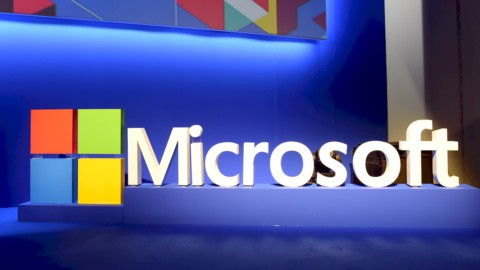Heavy fines for 5 European banks, to which Mufg Bank is also added, the largest bank in Japan, formed in 2006 from the merger of Bank of Tokyo-Mitsubishi and UFJ Bank. They ended up in the investigation Barclays, Royal Bank of Scotland, Citigroup, JPMorgan and Ubs. However, the latter was not sanctioned as it revealed the existence of the illegal agreements to the Commission.
The European Commission has decided to impose a double penalty on the investigated banks because they allegedly participated in two different illegitimate agreements, realizing a veritable cartel in the spot foreign exchange market concerning eleven currencies: euro, pound, yen, Swiss franc, US, Canadian, New Zealand and Australian dollars, Danish, Swedish and Norwegian kroner.
“Businesses and people depend on banks to exchange money and transact foreign currency. Foreign exchange trading is one of the largest markets in the world, worth billions of euros a day,” said EU Competition Commissioner Margrethe Vestager."These cartel decisions send a clear message that the Commission will not tolerate collusive behavior in any sector of the financial markets. The behavior of these banks has undermined the integrity of the sector to the detriment of European consumers,” he added.
But what happened? Companies that invest in Forex exchange large amounts of currency through so-called "Forex traders". These transactions, by law, should take place on the same day, at the prevailing exchange rate. It was not like this. Some traders, according to the investigation carried out in the Community, would be exchanged sensitive information and trading plans, coordinating strategies exchange in professional chats. These activities took place on the direct orders of the banks involved in the cartel.
Through this mechanism, companies could then make informed market decisions about when to sell or buy the currencies they had in their portfolios, creating the best opportunities.
The first agreement, known as Forex-Three Way Banana Split, was considered illegitimate by the European Antitrust which fined 811,197 million euros against banking giants such as Barclays, Royal Bank of Scotland, Citigroup and JPMorgan.
For the second agreement, known as Forex-Essex Express, the fine amounts to 257,682 million euros to be divided between Barclays, Rbs and Mufg Bank. ubs he is one of the addressees of the Community decisions but does not suffer the fine because he has revealed the existence of the illegal agreements to the Commission.





